Key trends
- The concentration of wealth. The wealth generated by economic growth is not distributed in a sustainable manner. It is becoming concentrated in the hands of a shrinking minority. Inequality, with its many dimensions, is a key future challenge globally and in Finland.
- The focus of economic growth will shift away from the West. The global economy will grow, but rates of growth will be low in Western countries. The ageing population and the limits of our planet’s ecological carrying capacity place tighter boundaries on economic growth than in the past. At the same time, statistical indicators of well-being and genuine development will take on a more important role.
- Emphasis on the continuous development of competence. Our changing working life and society require lifelong learning and the continuous development of competence. Skills, learning new things, creativity and seeing the big picture will increase in significance. The structures and practices of competence development will be subject to growing pressure for change.
- The changing structures of work. The platform economy and new organisational models challenge the traditional relationship between the employer and the employee. Work can be organised – and its benefits shared – in many different ways. The traditional classification of people into those who are unemployed, those who are wage-earners and those who are entrepreneurs may no longer apply in the future if the number of pensioner freelancers, project nomads and people in various intermediate states grows.
- The circular economy will grow in significance. The circular economy is an economic model in which production and consumption are planned in a way that prevents waste from being generated. Instead, materials and their value remain in circulation. The circular economy is not only about recycling but also about new economic operating models, such as sharing, leasing, repair and reuse. New technology plays a key role in enabling these models.
The economy is subject to growing pressure to change, particularly as a result of increasing inequality and the ecological sustainability crisis. Wealth is becoming concentrated in the hands of a few, growth is accomplished at the expense of the planet and the economy no longer creates well-being in the way it once did. There is growing unanimity about the need for reform, but views vary about its scope. What should be set as the highest priority: growth, well-being or improving the state of the environment?
The global economy is expected to grow but at the same time the economic system is under growing pressure to reform. Economic growth has been achieved at the expense of the environment, and wealth is being concentrated in the hands of a shrinking minority. According to Credit Suisse, the richest one per cent own nearly half of all wealth globally. While absolute poverty has decreased, the World Economic Forum finds that the rate of decline has slowed. The wealth generated by economic growth is not distributed sustainably, globally or at the national level.
Perceptions of inequality and unfairness are also gnawing at the foundations of the economy and society in Finland. According to Statistics Finland, the richest 10 per cent in Finland own half of the total wealth, and their share of net household wealth has increased. There are growing differences in values and views between the richest people and the poorest people. Even though the economy has grown, the level of genuine development and well-being has remained largely unchanged since the 1990s.
There are loud calls from many stakeholders for a significant rethinking of the economic system. An open letter by scientists has called on the EU to shift away from growth-driven economic policy, and a recent UN report on sustainable development emphasises the urgency of action to resolve inequality and environmental problems.
Among the newer voices calling for change are many that have traditionally defended the current system, such as the Financial Times, the World Economic Forum, major corporations and mutual funds. The Financial Times noted that capitalism has previously shown a remarkable capacity to reinvent itself, and it is now time for a reset. The World Economic Forum stresses that economic, social and environmental sustainability must be promoted together. Corporations are increasingly highlighting their social and environmental impacts rather than solely focusing on profits and increasing shareholder value. Mutual funds are seeing fossil fuel companies, in particular, as increasingly risky investments.
There is consensus about the need to reform the economy, but different people mean different things by it. Views have already largely shifted from seeing economic sustainability as a goal with intrinsic value to seeing it as equal to ecological sustainability and social sustainability. Lately, there has been an emphasis on how the economy can be a way of achieving well-being within the boundary conditions set by the environment. Such opinions have also highlighted the need for a decoupling of perceived well-being and economic growth from the consumption of natural resources.
The latest thinking involves the idea of recoupling, where the environment is no longer seen as a boundary condition but, rather, improving the state of the environment is set as a key objective for the economy. In this picture, social sustainability and well-being become the boundary conditions. Instead of a sustainable economy, we can talk about a restorative economy. Alongside talking about our footprint, we can draw attention to our handprint, which means pursuing positive impacts in addition to reducing harm.
Rethinking is also evident in economic policy. The measures proposed for achieving the goals of sustainable development and improving competitiveness are the same, including the elimination of harmful subsidies, allocating public and private investment to activities that increase society’s sustainability and promoting the circular economy and sharing economy. Globally, Finland is in an excellent position: we have been able to improve competitiveness and well-being concurrently, and we are also among the leading countries when it comes to the transition to renewable energy production.
Working to build a restorative economy
One of the central questions concerning the future is how to reform the operating models and logic of the economy. Striving for a sustainable economy may not be enough in itself. Restorative and reformative measures are needed. Most people agree about the necessity of reducing the adverse impacts, but there is less unanimity about what methods should be used. Taxation and the reduction of harmful subsidies may be areas where fairly rapid progress can be achieved, but what about more radical measures to improve environmental and social sustainability?
New directions are also sought through experiments, such as basic-income trials, pilot projects in impact investing and platform co-operatives. Participatory economics, the sharing economy and the fair human-driven data economy present pathways to alternative operating models and ways of thinking. The issue of tensions related to the economy is ultimately not only a matter of tensions within the science of economics, but rather the economy’s role in society and the scope of the rethinking.
The rethinking of the economy is also reflected in work and consumption. The transformation of work is a topic that has been written about extensively in recent times. This writing could be summarised by saying that working life is becoming increasingly diverse and there is an emphasis on ensuring people’s livelihood and competence building. The old ways of working will not disappear, but new ways will emerge alongside them. Changes in working life bring increased uncertainty. Solutions related to income and the structures needed for the continuous development of competence are among the key current questions.
The economy has also been transformed – and continues to be transformed – by digitisation, and the development of the platform economy in particular. This development has thus far favoured the world’s large technology corporations and platform monopolies, but we are seeing the emergence of a strong reaction against them. It remains to be seen how the digital economy will develop in Finland, Europe and globally.
A change that will potentially be even greater than digitisation is ecological reconstruction, which means transitioning to a society that improves the state of the environment and human well-being. It includes changes in energy production and consumption, in food production and eating, and in construction, housing and mobility. Within a very short period of time, we should shift to using renewable energy, reduce consumption, increase self-sufficiency and transition to a circular economy. There is an increasing number of solutions and a growing desire for this.
In the best-case scenario, ecological reconstruction will lead to a society characterised by greater equality, a higher level of well-being and better sustainability. In the worst-case scenario, it can lead to crippling polarisation and growing unrest. As such, ecological reconstruction calls for new thinking about the economy, new institutions and structures to ensure a fair transition and, most importantly, new values and culture.
Tensions
- Differences in views on economic reform. There is growing agreement about the need to reform economic structures and paradigms, but views vary about the scope of these reforms. Should the focus be on sustainability and the prevention of adverse impacts, or should improving the state of the environment be taken as the objective and social well-being as a boundary condition? What is the perception of the role of the economy?
- Economic inequality. While income differences have not changed much, differences in wealth have grown, as has the degree of perceived inequality. As the middle class shrinks, the division between the wealthy and the poor becomes sharper. The fair distribution of wealth and ensuring people’s livelihood are key questions for the future.
- Trends in the digital economy. Digitisation has accelerated the concentration of wealth in the hands of a few and led to the creation of platform monopolies. The counterforces include platform co-operatives, the peer-to-peer economy and sharing economy models and the progress of a human-driven fair data economy. What will be the direction of development of the data economy in Finland and around the world?
- Consumption culture vs enough is enough. Consumption continues to grow in spite of increasing environmental awareness. In the future, we may see consumption take a downward turn or become more focused on services. Consumption habits may also divide the population.
- Income solutions. Technological progress and the transition to a sustainable society will significantly change industries while also creating new kinds of jobs. The uncertainty of working life will increase and it is unclear how work and income will be generated and distributed in the future. The consideration of wealth distribution and income in the future should be an integral aspect of foresight activities in politics.


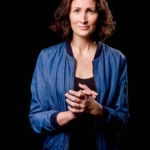


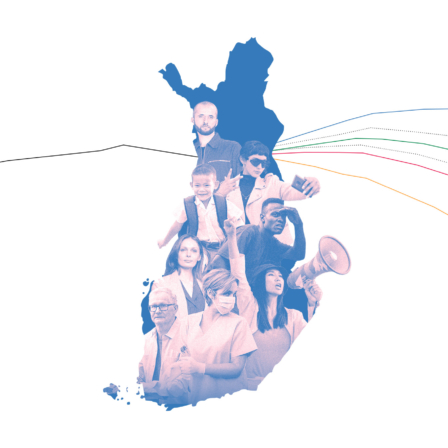
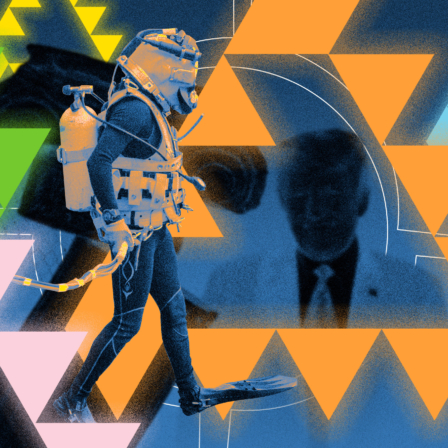
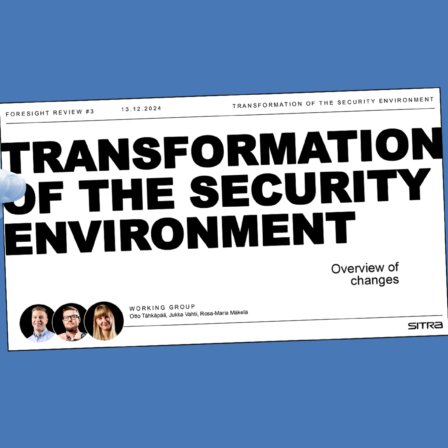
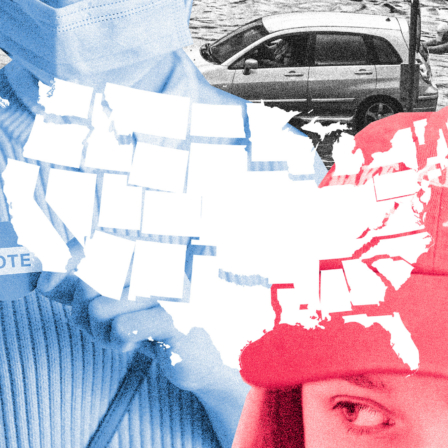
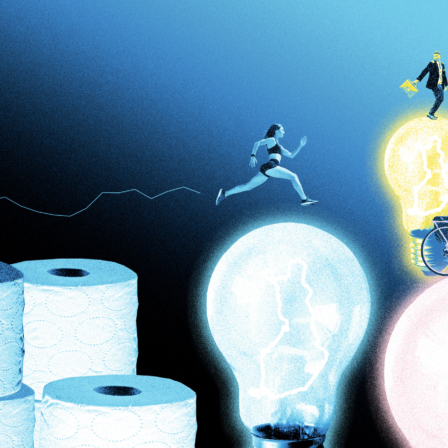

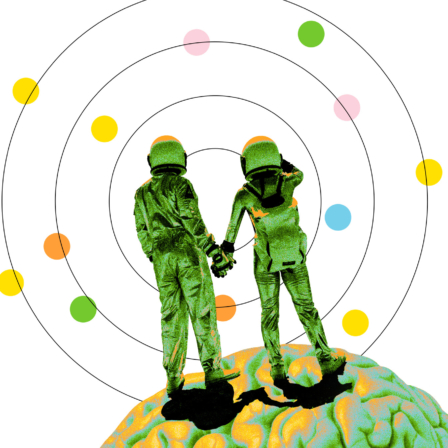




Recommended
Have some more.